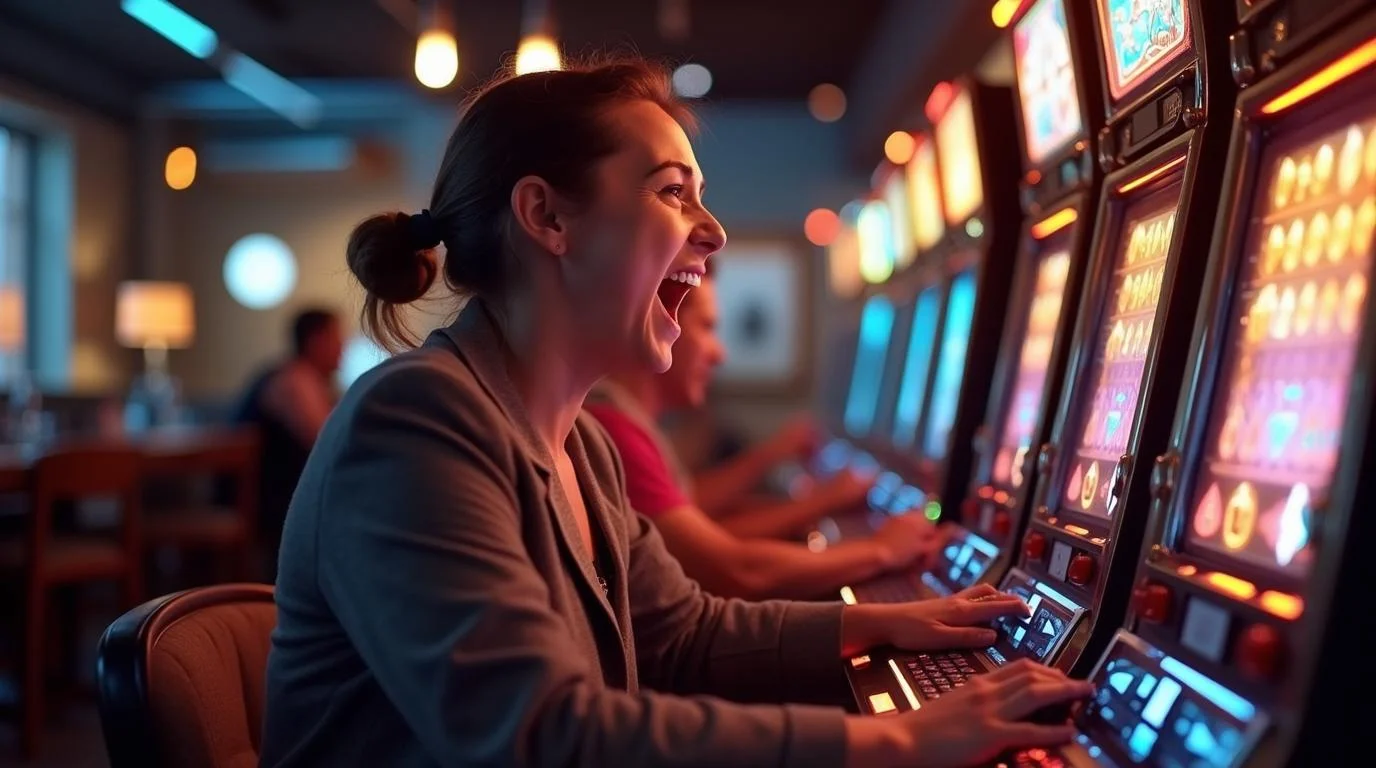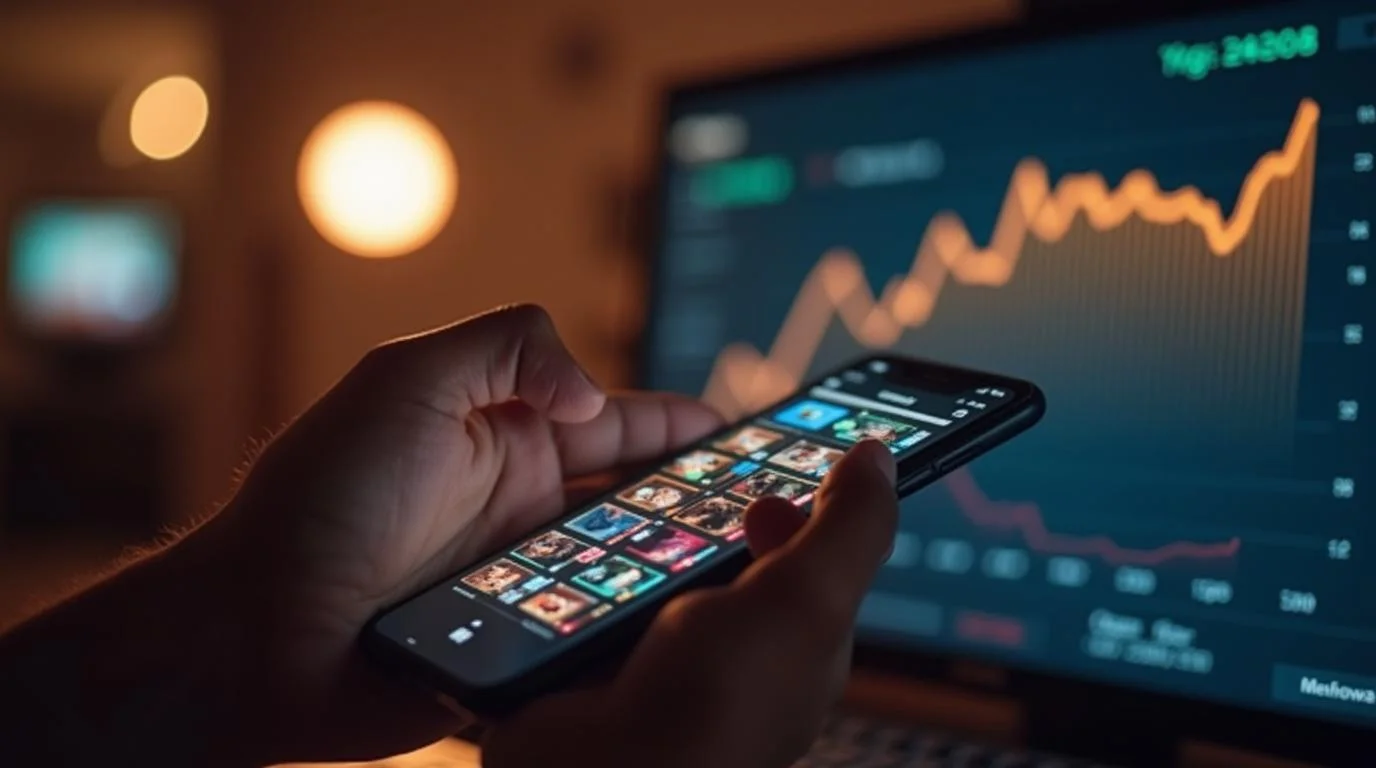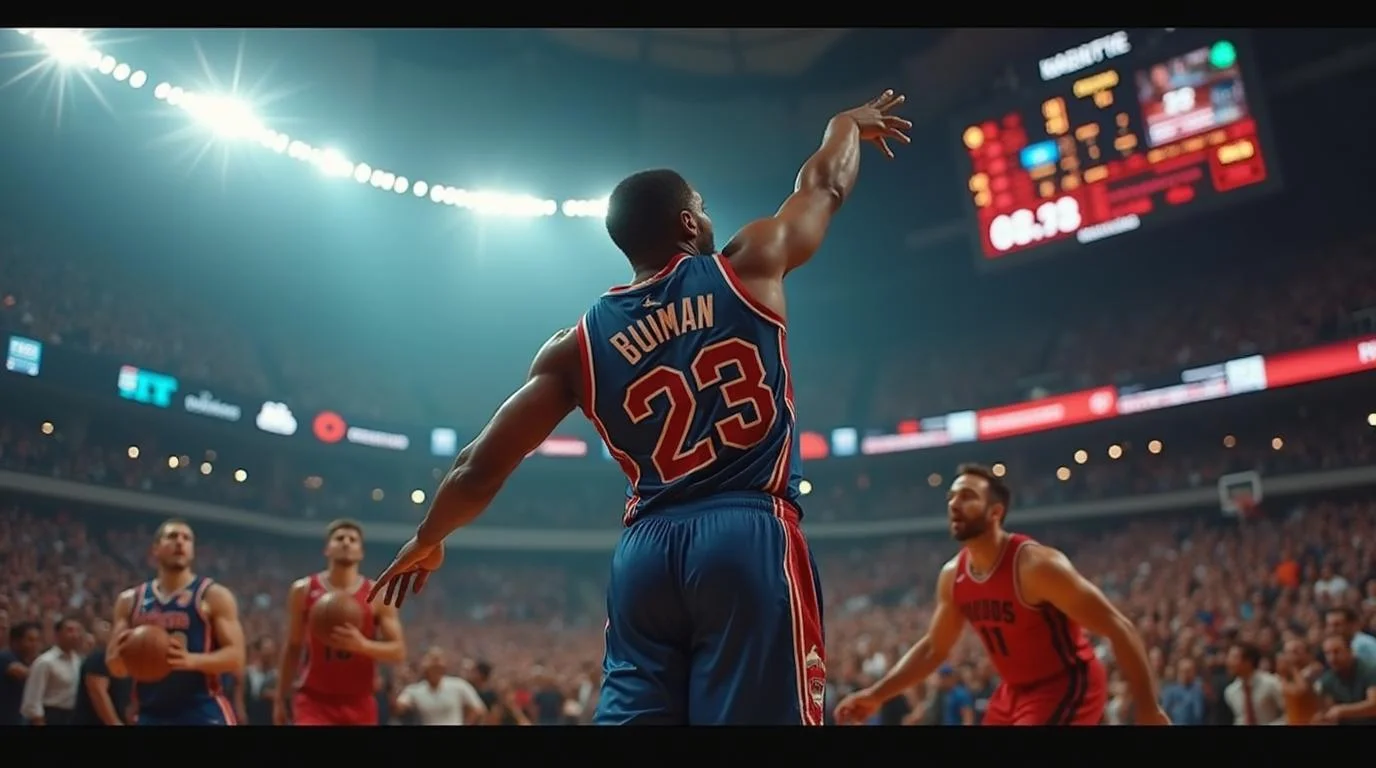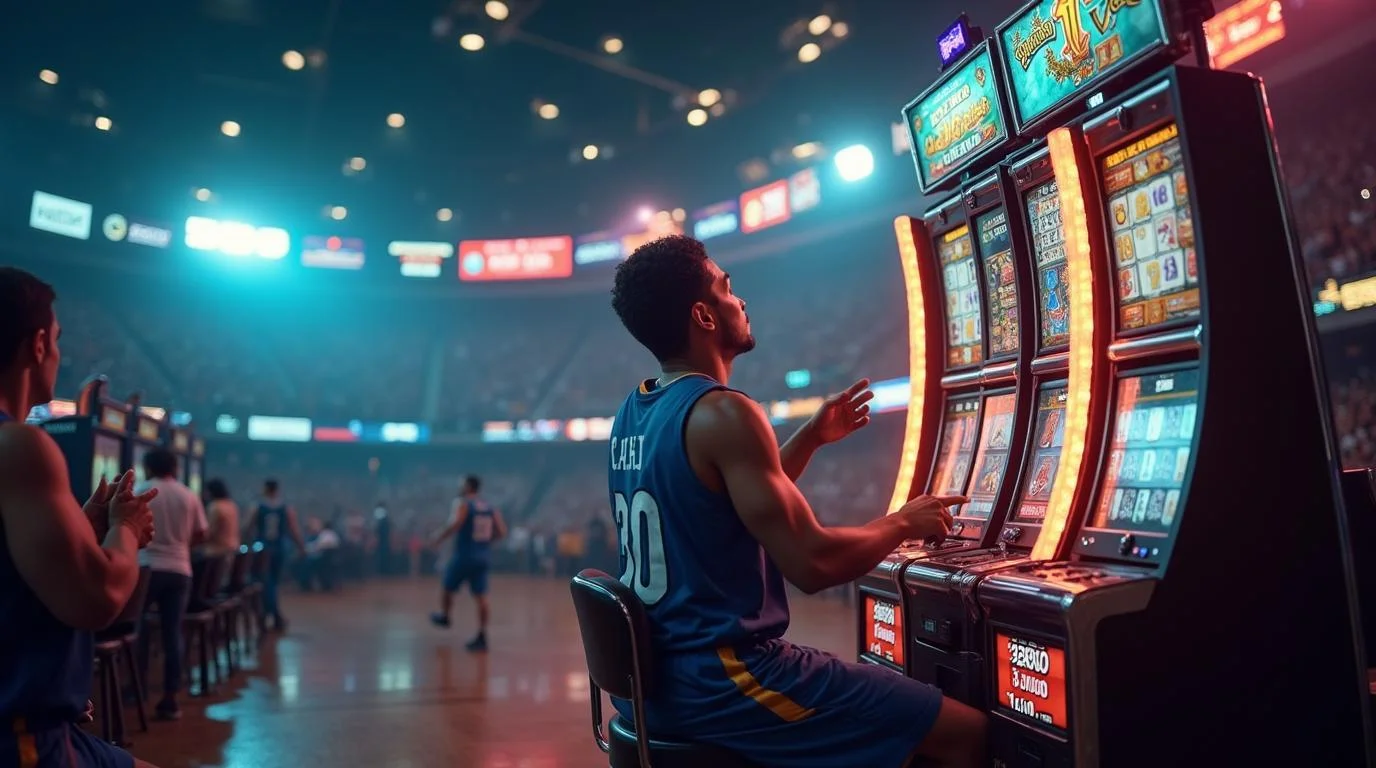Casino Players Left Behind About $24 Million Worth of Vouchers This Year in Vegas Alone

1.0
Default
Unclaimed vouchers rule in Sin City, as the Nevada Gaming Control Board issued a statement that as of last month, casino players have left behind nearly $25 million in vouchers at the city’s numerous casinos. While some casinos donate these vouchers to charities, casinos overall still see the vouchers as the owners' property for 90 to 180 days - and it's illegal to touch them, as an unlucky casino player found out.
During the fiscal year ending on June 30, Nevada casino players left behind an astonishing $24.4 million in unclaimed casino vouchers, according to data from the Nevada Gaming Control Board. Casinos retained 25% of the unclaimed voucher value, translating to $6.1 million in monthly gross revenue. Meanwhile, the Nevada Gaming Commission received 75%, or $18.3 million, for the state's general fund.
This figure is slightly lower than the previous fiscal year's record of $25.8 million but higher than the $22 million in unspoken for casino vouchers from fiscal year 2022. Since the law's enactment in 2011, nearly half of the $183 million gathered by the state has been amassed after 2020, correlating with rising gross gaming revenues during this period.
Where do they go? The mystery of bulk unclaimed vouchers
In Nevada, a significant portion of these unclaimed vouchers is believed to be for small change. In many cases, vouchers worth less than a dollar are not redeemed by gamblers, primarily because the effort to cash them in is not deemed worthwhile (it seems that nobody is willing to wait in a long queue for chump change). Many major casinos in Nevada have stopped dispensing coins for vouchers less than a dollar at ATMs or ticket redemption machines. This practice began due to a coin shortage during the early days of the pandemic and has continued, likely due to the increased profit from unclaimed vouchers.
But not all casinos in Nevada pocket the unclaimed change as their rightful profit. Some, like M Resort, Cosmopolitan, and Wynn Las Vegas, offer patrons the option to donate their change to various charities. Flamingo and Caesars Palace, meanwhile, contribute unclaimed change to Meals on Wheels. However, Boyd Gaming, one of the largest operators in the Las Vegas Valley, continues to dispense coins from its machines.
The legal standing of abandoned vouchers
Legally, even if a slot voucher is left behind in a casino, it remains the property of the original gambler for a period of 90 to 180 days. This policy ensures that the rightful owner has a chance to claim their winnings before the casino can collect the voucher. Some gamblers may mistakenly believe they are leaving their vouchers for less fortunate individuals, but in reality, they may be causing more trouble than intended. Sadly, the "finder's keepers" mentality does not apply to abandoned vouchers in Nevada casinos.
In 2004, for example, A.J. Werling was convicted of misdemeanor fraud in Colorado for using a 76-cent credit voucher left in a slot machine. Werling said that he inserted his own $20 bill, unaware of the existing credit. Despite this, he was fined $500 and required to complete 24 hours of community service. Reflecting on the incident in 2017, Werling expressed his frustration to KDVR-TV/Denver, stating that it's been a nightmare. It's just 76 cents, and he still has to deal with the repercussions for jobs, apartments, essentially anything requiring a background check. Werling continues to contest the fairness of his gambling theft conviction.
Its impact on the state's revenue
The revenue generated from unclaimed vouchers plays a significant role in the state's finances. The collected funds are directed to the state's general fund, which supports various public services and infrastructure projects. This steady stream of income, boosted by the increasing gross gaming revenue in recent years, shows the importance of unclaimed vouchers in Nevada's economy.
The $24.4 million in unclaimed vouchers left behind by Nevada gamblers during the last fiscal year highlights a fascinating aspect of the state's gaming industry. While the policy changes initiated during the pandemic contributed to this trend, the ongoing impact on the state's revenue and casino profits remains substantial. As long as the current practices continue, unclaimed vouchers will likely remain a notable part of the dynamics of the gaming industry of Nevada, benefiting both casino operators and the state's general fund.



















